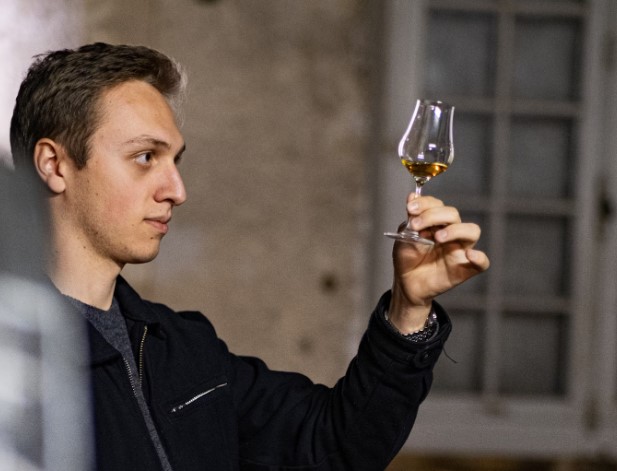
If you’re new to cognac, you might find the French spirit to be a little overwhelming. We can understand this. Getting into a spirit like bourbon seems a lot easier because the age is clearly defined on the label (in many cases). You’ll often see various ages on bourbon labels telling you exactly how long the corn-based whiskey spent in the barrel. You’ll usually see them labeled as ten years and beyond.
Cognac, on the other hand, is much more like tequila when it comes to aging terminology. For those unaware, tequila bottles don’t like the amount of years the liquid spends aging. Instead, you’ll find phrases like blanco, joven, cristilano, reposado, añejo, and extra añejo. The same goes for cognac, where you’ll find bottles labeled with terms like VS, VSOP, XO, and other random terms. While we could spend all day writing about the various

What does VSOP stand for?
In the simplest terms, VSOP stands for “Very Superior Old Pale.” You might read that and scratch your head because that doesn’t even remotely explain what it means besides dictating that it’s “very superior” and “old.” But what exactly does that mean?
Well, it means that the eau-de-vie included must be aged for at least four full years. To be considered a cognac at all, the spirit must be aged for at least two years. VSOP doubles this (and more in most cases). It can contain cognacs that are much older as well. The blend can have other, longer-aged cognacs, but the youngest

Where did the term come from
Not only is the House of Hennessy one of the most popular cognac brands in the world, but it’s also the brand that originated the term VSOP. In 1817, the Prince Regent (the man who would eventually become King George IV) sent an order for the brand to create a ‘very superior old pale”

What does VSOP cognac taste like?
If you’re a whiskey drinker (specifically bourbon) and you’ve never tried cognac, what are you waiting for? This grape-based spirit, when aged, carries many of the same flavors and aromas of your favorite whiskey. After spending at least four years in barrels, VSOP
Depending on the bottle you crack open, you’ll find flavors like vanilla, caramel, ripe fruit, grape skins, oak, and gentle wintry spices. Sip it neat, on the rocks, or mixed into a cocktail like you would your favorite whiskey. After a few sips, you’ll wonder what took so long for you to try it in the first place.



